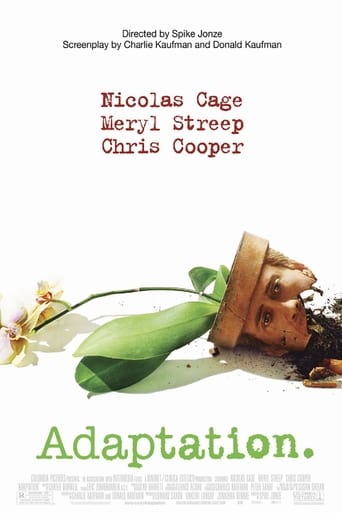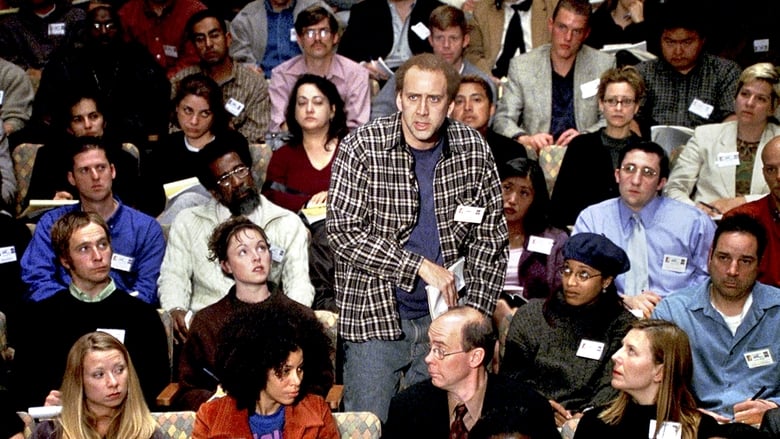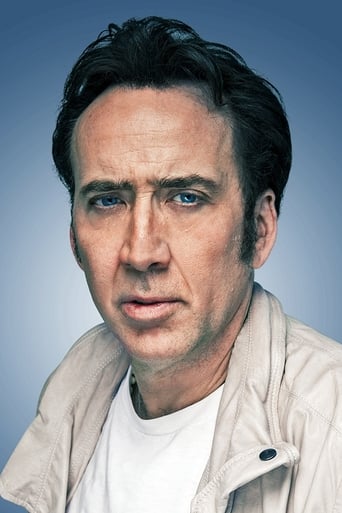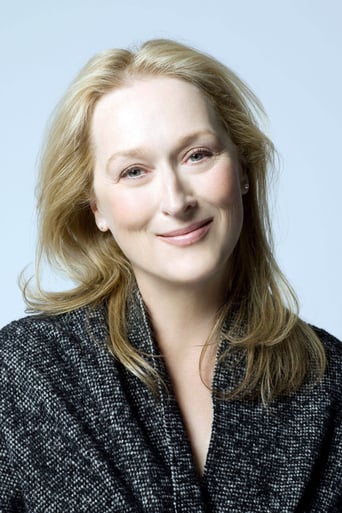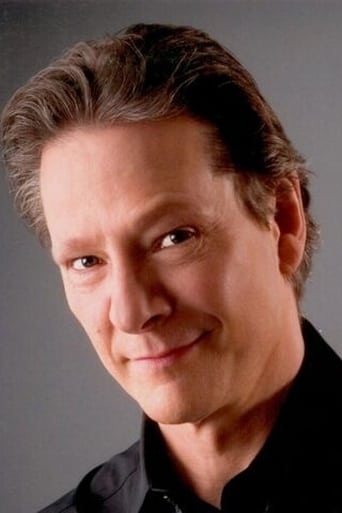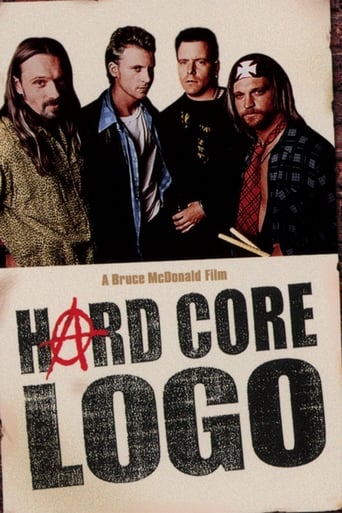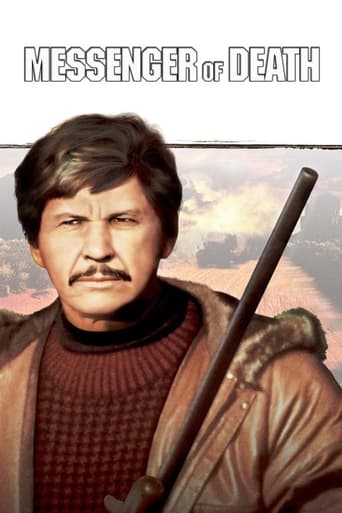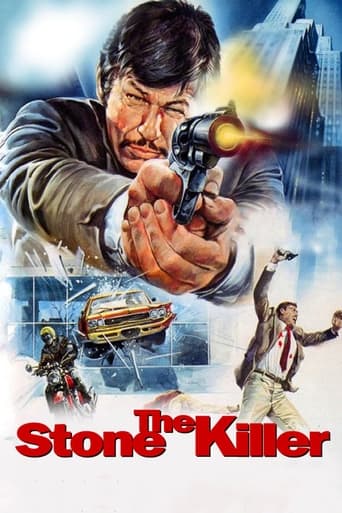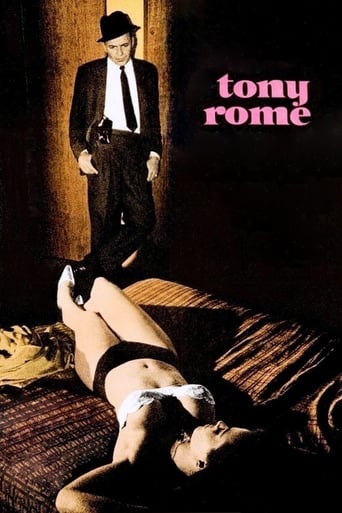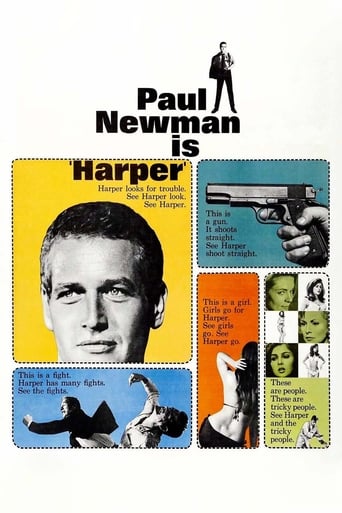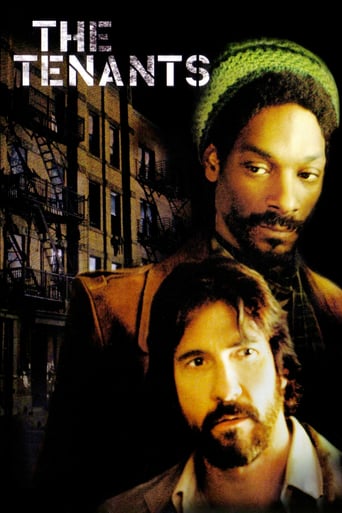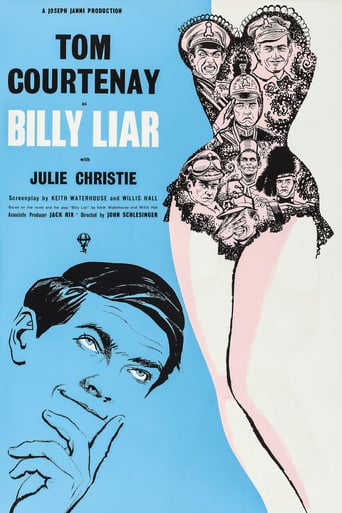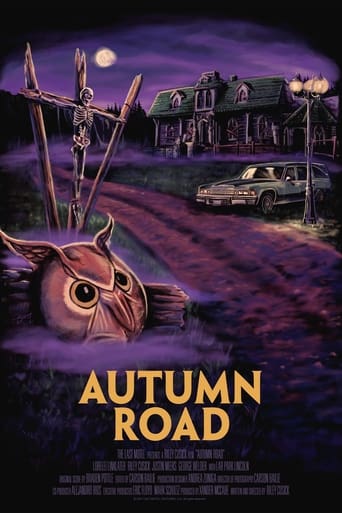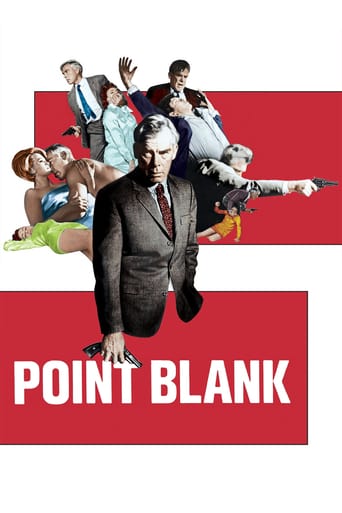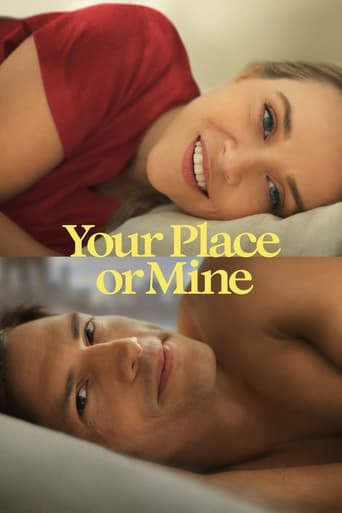Adaptation. (2002)
Nicolas Cage is Charlie Kaufman, a confused L.A. screenwriter overwhelmed by feelings of inadequacy, sexual frustration, self-loathing, and by the screenwriting ambitions of his freeloading twin brother Donald. While struggling to adapt "The Orchid Thief," by Susan Orlean, Kaufman's life spins from pathetic to bizarre. The lives of Kaufman, Orlean's book, become strangely intertwined as each one's search for passion collides with the others'.
Watch Trailer
Cast


Similar titles
Reviews
How I miss director Spike Jonze these days. After "Being John Malkovich", "Adaptation", "Where the wild things are" and "HER" (2013) he hasnt made any new movies. And his movies are so extraordinary funny,human and weird that I just wish he gets another chance to direct a feature film.He only directs music videos now from Lady Gaga, Kanye West to the Beastie Boys. I cant really tell anything about the story of "Adaptation" because it is such a bizarre and clever maze. And it would spoil part of the fun too. The mystery of the film depends partly on not knowing what is going to happen, although you can see it several times and still be charmed because the characters of Meryl Streep and Nicholas Cage are so human and loveable despite all their shortcomings. If you love struggling selfhating characters, like Woody Allen who fail at everything, then you will probably like the character of Nicholas Cage too, who plays an excellent role in hating himself constantly. Meryl Streep is always at her best in any movie. And this movie let's these two terrific actors collide in ways you just couldnt imagine.It is tongue in cheek and funny as hell.There are no obvious jokes here. But the characters shortcomingings are so humorously depicted that feelings like loneliness and self hatred can be laughed about loud in a forgiving way.This movie has got a heart. And it is a really a warm feelgood movie however painful and deplorable the self hatred is! You just love to see Nicholas Cage hate himself so much. That's an achievement on itself.Spike Jonze's best work. A new classic.Winner of the Golden Globe, the Oscar and dozens of other awards worldwide.Brilliant!
Charlie Kaufman and Spike Jonze are both known for creating weird, quirky movies, and this may be their weirdest and quirkiest, but it is also their most brilliant in a way (although Kaufman's project "Synecdoche, New York" may be slightly ahead of this in terms of genius). It is a mindbogglingly meta comedy that subverts any and all expectations gleefully. Those expecting a cliché Hollywood comedy and those expecting an art house classic would both be equally shocked by the unexpected twists and turns this manic film takes. First of all, it's very premise is odd and original as screenwriter Charlie Kaufman's lead protagonist is a screenwriter by the name of Charlie Kaufman. Kaufman is adapting a book, which is real, while his twin brother, who is not real, is trying to help him while also becoming a successful screenwriter himself, indulging in thriller clichés and being greatly rewarded for doing so. By the end, this mildly autobiographical take on Charlie Kaufman's own life and struggles becomes a surprisingly violent suspense thriller, and considering the fact that the film's writing credit is partially given to the fictional Donald Kaufman, one can expect that his own script influenced those, more "out-of-this- world" areas of the film. Seriously, the final half hour of "Adaptation" is something of an extended punchline that keeps getting crazier by the second.Funny, fresh, and original, like all of Kaufman's finest work, "Adaptation" is an unconventional film to say the least, one that borders on complete experimentalism (mainly in story rather than visuals; although there are creative visuals as well, this being a movie directed by Spike Jonze) while also remaining accessible to any audience member that can even remotely wrap their mind around what's happening. Mixing magic realism with satire with tragedy with romance and so on, "Adaptation" is a slice of Charlie Kaufman's fascinating, unique, funny, and occasionally depressed mind that also is filled with great characters and performances (Nicolas Cage is often harshly criticized, but he portrayal of two very different characters in this film is astounding, and Chris Cooper is simply perfect in his supporting role as the central subject of "The Orchid Thief", the book that this film partially adapts) as well as one of the mot startlingly mind blowing movie concepts in recent memory.
Adaptation is a brilliant movie about a passionate man, a book, and a script. Spike Jonze and Charlie Kaufman did an incredible job directing and writing. The script is a masterpiece flawlessly layering one story on top of another. I also likes the use of voice over. It is well shot, especially the scenes in the swamp. I also like the use of scenes of the Being John Malkovich set. It has a wonderful cast with incredible performances by Meryl Streep, Chris Cooper, Brian Cox, and Nicholas Cage who plays dual roles. Adaptation is a brilliant movie. It is a fun adventure in the art of storytelling. It is one of the best movies to come out of the 2000's. It is one of my favorite movies, I can watch it over and over. It is a movie anybody interested in movies should see.
Much like Spike Jonze's and Charlie Kaufman's other creative endeavor 'Being John Malkovich', this is a movie that's drenched in layers of metatext. It's a movie that's about the making of itself, starring the film's creators as its characters. Nicolas Cage plays the screenwriter, Charlie Kaufman, and also his fictional twin brother Donald Kaufman (who was nominated for an Academy Award for Best Adapted Screenplay despite not really existing), and Meryl Streep plays Susan Orlean, the writer of the book 'The Orchid Thief' that the movie is based on.Because the screenplay is so dense most of the movie is focused on untangling the mess of reality and fiction - or, rather, tangling them up even more so that by the end you have to check Wikipedia for what is real and what isn't. Actually the book that this 'adaptation' is based on drops to the background, and the movie is more about the creative process. Meryl Streep's performance is hilarious and Nicolas Cage is tragicomic in his resigned depression.

